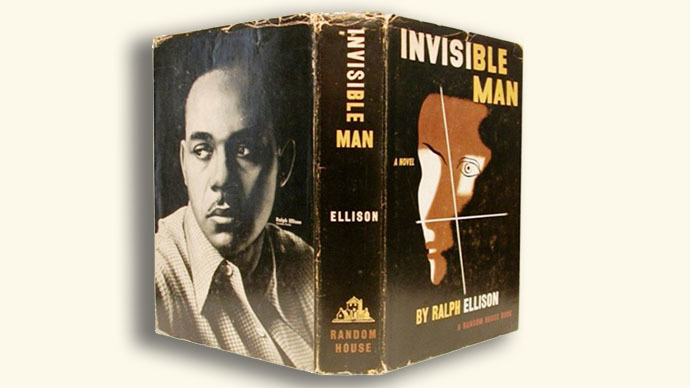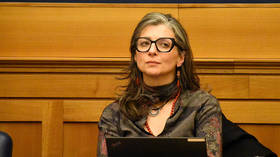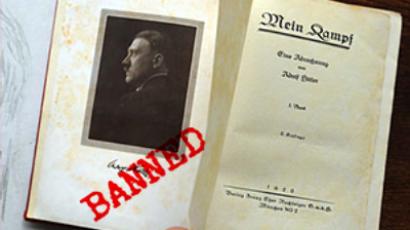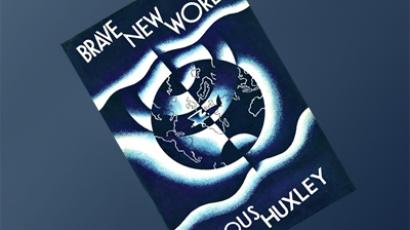North Carolina county board of education bans ‘Invisible Man’ from school libraries

A central North Carolina school district voted to remove Ralph Ellison’s “Invisible Man” from county school libraries this week.
The Randolph County Board of Education voted 5-2 Monday to
suppress the seminal 1952 work on the oppressive social climate
that African Americans faced in the early 20th century.
The book was originally flagged by the parent of an 11th grader
at Randleman High School, who found the language and sexual
content of the book objectionable.
Despite recommendations against outlawing the book from libraries
by school- and district-level committees, the Board of Education
voted unanimously in favor of a ban.
Those who voted in support of the book’s removal were Board Chair
Tommy McDonald and members Tracy Boyles, Gary Cook, Matthew
Lambeth, and Gary Mason. Voting against the action were Board
Vice Chair Emily Coltrane and member Todd Cutler.
Before the vote took place, a motion to keep the book in district
libraries was introduced. It failed by a 2-5 vote.
All board members were given copies to read before the vote.
Board Chair McDonald said “it was a hard read.”
Mason said, “I didn’t find any literary value” and
objected to the book’s language. “I’m for not allowing it to
be available,” he added.
A school district official said ahead of the vote that
‘Invisible Man’ was just one of many options in school
libraries, and that no student was forced to read it. She also
stressed that the state Department of Public Instruction approved
the book for student consumption.
‘Invisible Man’ was one of three books that Randleman High
School juniors-to-be in the 2013-14 school year could choose to
read for the summer. ‘Black Like Me’ by John Howard
Griffin and ‘Passing’ by Nella Larsen were the
students’ other choices. Honors students had to choose two of the
three books.
A request for reconsideration of instructional media was
filed by Kimiyutta Parson.
“The narrator writes in the first person, emphasizing his
individual experiences and his feelings about the events
portrayed in his life,” she wrote in her reasons for
protesting the book’s availability to teens. “This novel is
not so innocent; instead, this book is filthier, too much for
teenagers. You must respect all religions and point of views when
it comes to the parents and what they feel is age appropriate for
their young children to read, without their knowledge. This book
is freely in your library for them to read.”
Parson also expressed dismay at the type of language and sexual
content in the book.
Both a six-member school media advisory council and a 10-member
district committee agreed the book should stay in school
libraries before the Board of Education vote.
The District media committee wrote that it “appreciated the
parent’s concern for their child and the interest taken in their
education. The District Media Advisory committee unanimously
agreed that the book does relate directly to curriculum and RCS
should keep the book on the shelf and as a literature piece for
instruction.”














